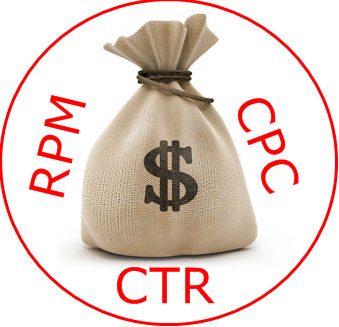Some promoters have the requisite technical skills, but not the managerial skills. For instance, it is not unusual to find college drop-outs with brilliant business ideas. However, given the inexperience, they may lack the skillsets to manage employees. In such cases, they should seek a coach / mentor who will hand-hold them in setting the direction and strategy of the company, and help in building it.
Some coaches / mentors have a strong profile, but they may not be able to spare adequate time. A few of them spread themselves thin over so many businesses that they cannot do justice to any of them. Such people are of no use for a raw entrepreneur.
Another challenge that start-ups face is of employee turnover. In the absence of longevity uncertainty creeps into various business functions. In such cases, it is useful to engage a management consultant who is prepared to spend time with the entrepreneur in building the organisation and stepping in to fill gaps that creep into any functions.
It is important to distinguish the roles of coach/mentor and consultant from those of investment bankers. The latter’s expertise is largely related to the financial markets, valuation and deal making. Some of them dabble with advice on internal organisation matters. Entrepreneurs are often tempted to access such advisory services, especially if no separate fee is charged for the service. Experience however says that spending a few extra bucks in obtaining professional business advice from people having the requisite expertise pays for itself, several times over.
Before associating with anyone for role as coach / mentor or consultant, the entrepreneur should understand well, their track-record for the industry and role under consideration. Has the coach / mentor worked with other start-ups? What are the success stories? What are the critical skill-sets of the consultant? What skill-sets does the business need? For instance:
- If the business is unclear on strategic direction, it needs a strategy consultant.
- If the key challenge for the business is marketing, then there is no point in engaging a consultant whose expertise is finance.
- Similarly, an organisation where human resources management is a challenge should look for a consultant whose expertise is in human resources and organisation behaviour.
Entrepreneurs do encounter management consultants who offer to perform the investment banking role, for a fee that is lower than what an independent investment banker would charge. Here again, entrepreneurs are well advised to avoid getting penny-wise and pound-foolish. Every service has its requirements. Professional investment bankers have their reach to investors, skillsets in valuing the business and expertise in putting through transactions. Entrepreneurs should be prepared to pay for these skillsets, especially when the fees are linked to success in bringing in funds from investors that the entrepreneur is comfortable with.
Over the years, many of the bigger consulting firms have put together corporate finance teams that perform the investment banking roles. Such dedicated teams may have the requisite skill sets for the investment banking role. However, the entrepreneur should be clear that management consulting inputs need to come from other experts.
Early stage enterprises need to conserve cash. Therefore, to the extent possible, they should minimise fixed commitments towards various services. Deliverables expected of coaches, consultants and investment bankers should be clearly put down based on mutual consultations. Fees linked to specific milestones are a better format to adopt.











